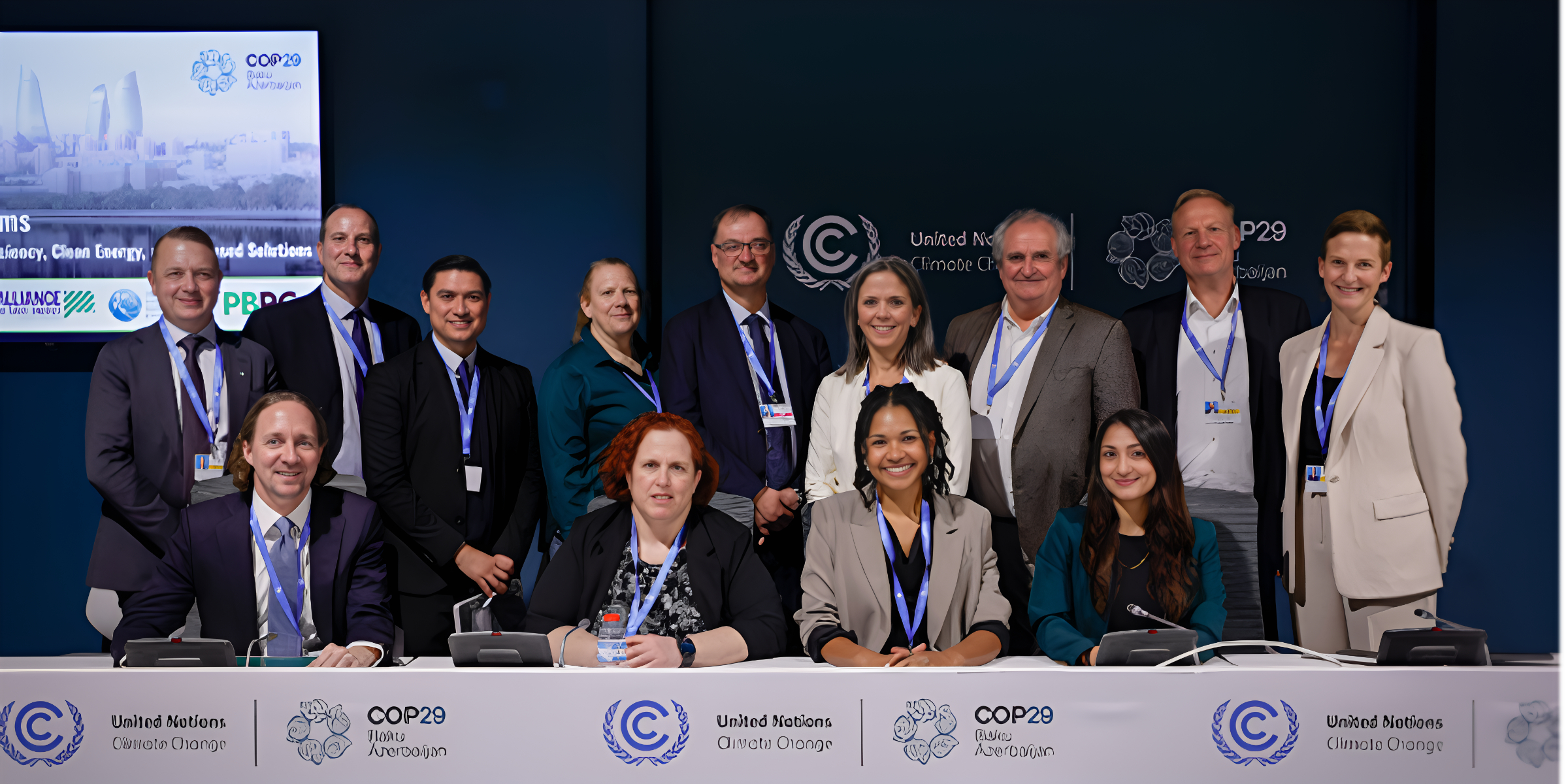Homeowners Agree: Energy Efficiency Is A Top Priority
Let's Save Energy
Alliance to Save Energy's Blog
Homeowners Agree: Energy Efficiency Is A Top Priority

Today’s economic concerns, rising global temperatures and changing energy environment have inspired national and global discussions about human practices and policies. While national leaders might struggle to agree on legislation, it seems that most Americans are in agreement about important energy efficiency issues.
The Results Are In
A new bipartisan poll released by the Natural Resources Defense Council gathered views on environmental regulations across five key states (Colorado, Florida, Maine, New Hampshire and Virginia) which show strong public desire for tougher regulations and greater investment in clean energy, including energy efficiency. Another recent national poll conducted by the Demand Institute supported these findings, revealing that energy efficiency ranks as the top housing concern in the United States. The survey captured responses from more than 10,000 American homeowners and renters, measuring the “satisfaction gap” between respondent’s current living situation and what they deemed important in a home. While 71 percent of U.S. households placed great importance on energy efficiency, only 35 percent described their homes as energy efficient with low energy bills. The survey also found that 90 percent of households have taken some measure in the past five years to consume less energy, showing public commitment to adopting energy efficiency.
How Policy Can Help
American consumers and homeowners have shown their desire to increase energy efficiency, creating an ideal environment for political leaders to focus on energy legislation. Federal and local governments have the opportunity to implement a wide range of policies and programs to support and encourage energy efficiency in existing homes and new buildings. Existing buildings face especially difficult challenges as renovations can require big financial investments. However, local governments can help by promoting voluntary energy retrofit programs, offering free or discounted energy audits, establishing energy disclosure requirements and/or mandatory energy efficiency improvement programs. These incentives empower homeowners with the information and ability to increase efficiency, reduce monthly energy bills and increase home comfort. In new constructions, local governments can provide incentives (such as discounted or delayed permit fees, priority code processing, priority field inspections and others) to homebuilders who incorporate energy efficiency into their building practices. Building codes and home energy ratings systems can also be enforced in order to ensure that new households will meet a minimum level of efficiency.
The Demand Institute poll also found a difference between “energy-saving actions taken between higher- and lower-income households,” indicating finance is a barrier to home efficiency improvements. To alleviate this problem, governments can offer programs and financial support to reduce the burden of the high upfront costs of residential upgrades. These include Property Assessed Clean Energy Bonds (PACE bonds) and Energy Efficient Mortgages (EEM), which provide homeowners with the opportunity to finance energy-saving measures with minimum risks. Finally, education is crucial. Awareness campaigns ensure that the public is aware of available energy efficient programs, financial options and products.
Considering that American homes use almost one-fourth of the total energy consumed in the U.S., our leaders should recognize the significance of the sector and work together to facilitate household efficiency. By promoting energy efficiency within the sector, political leaders can help homeowners reduce their annual electricity bills to $750, improve local economies and create green job opportunities and lower the carbon emissions associated with residential energy use. While the nation’s environmental legislations and energy future might be uncertain, it is clear that Americans understand the value of energy efficiency.
RECENT BLOG POSTS
STAY EMPOWERED
Help the Alliance advocate for policies to use energy more efficiently – supporting job creation, reduced emissions, and lower costs. Contact your member of Congress.
Energy efficiency is smart, nonpartisan, and practical. So are we. Our strength comes from an unparalleled group of Alliance Associates working collaboratively under the Alliance umbrella to pave the way for energy efficiency gains.
The power of efficiency is in your hands. Supporting the Alliance means supporting a vision for using energy more productively to achieve economic growth, a cleaner environment, and greater energy security, affordability, and reliability.



